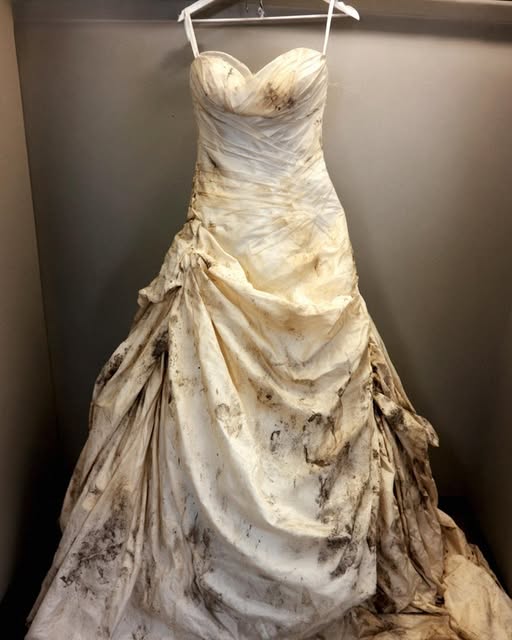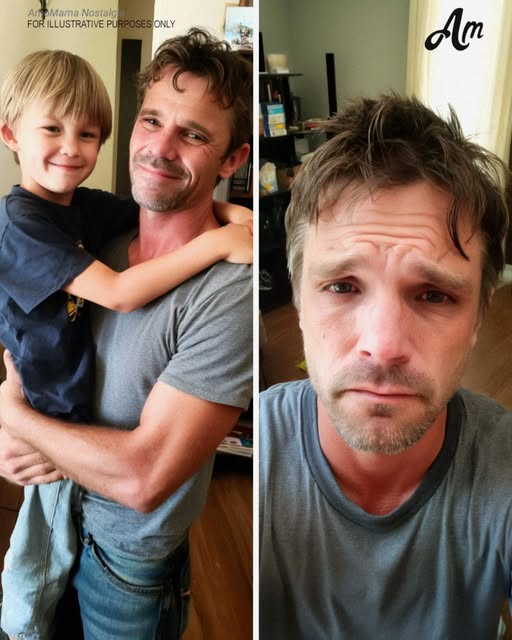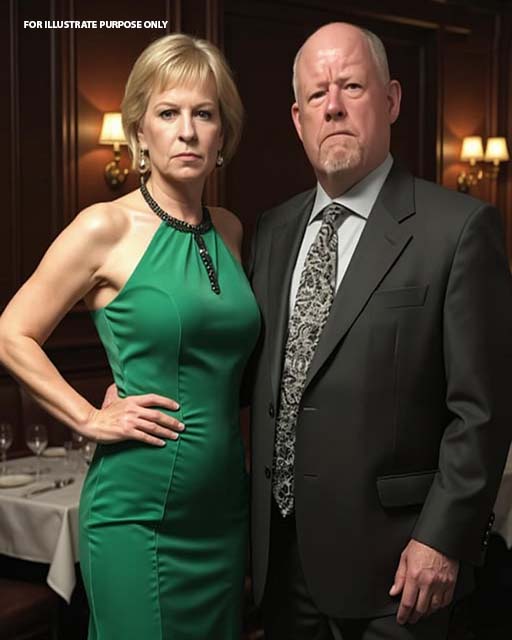There are mothers who keep score, and mothers who give until there is nothing left. I’ve always been the latter.
For nearly thirty years, I was Richard’s wife. Then, in an instant, a freak accident at work took him from me. I was left with a mortgage, a teenage daughter, and grief so heavy it felt like walking through water. Clara was fifteen then, full of teenage demands and restless ambition, and she needed everything—new shoes, lunch money, a working phone. So I gave. I skipped meals. I wore the same coat for years. I even cut my own hair with dull scissors. All so she could shine.
Over time, that became the pattern of my life. Clara grew up, married Matt, had three children, and when her work responsibilities grew, she called on me. “Just for an hour,” she’d say, but an hour became a day, then every day. I loved my grandchildren deeply, but slowly I realized I wasn’t living as a grandmother—I was a nanny. My retirement became an unpaid job, and Clara never once offered to help with bills, groceries, or even insurance.
Then, years later, Samuel appeared. A quiet man I met at the library, reaching for the same copy of To Kill a Mockingbird. What began with a laugh turned into Sunday afternoons with peach tea and jazz. He listened, he remembered, he looked at me as if I still mattered. When he proposed with nothing more than a trembling hand and a ring tucked inside a folded napkin, I said yes before he even finished the question.
Clara’s reaction was not joy but disdain. “Seriously, Mom? At your age?” she scoffed. She wasn’t worried about me being happy—she was worried about losing her babysitter. She pushed, she sneered, and finally, she demanded. “You could move in with us,” she said. “Help full-time. You can still keep Samuel, but you don’t need to marry him.”
For the first time in years, I saw her clearly. My sacrifices had not built gratitude. They had built entitlement. Still, I kept planning my wedding.
The morning of the ceremony, I discovered my gown ruined—stained, ripped, deliberately destroyed. And Clara stood there in the doorway, arms folded, smirking. “Maybe I did it,” she said. “Better this than a lifetime of regret.” Her laughter rattled something in me, but before despair could crush me, Samuel’s daughter Lily walked in. Calm, sharp, and resolute, she unpacked her sewing kit and said, “Susan, I promise you—whoever did this will regret it in half an hour.”
Her hands worked magic. By the time she was done, the ruined lace was replaced with an elegant sash, the stain hidden beneath folds that looked intentional. When I put it on, I gasped. For the first time in decades, I saw not just a woman getting married again, but a woman reclaiming herself.
The ceremony was radiant. Samuel’s eyes found mine, steady and sure, and the vows we spoke felt like anchors finally cast into calm waters. But the real reckoning came at the reception.
Samuel tapped his glass and stood. He turned toward Clara. “Two months ago, you called me,” he said firmly. “You offered me ten thousand dollars to walk away. You said your mother was wasting her energy on love, that you needed her for childcare. I recorded that call.”
Gasps spread through the room as Clara stammered. Samuel played the recording, her voice filling the space: “I’ll give you ten grand, Samuel. Just break it off. I can’t afford sitters. I need her full-time.”
The silence afterward was deafening.
I rose, my hands trembling, but my voice steady. “Clara, I gave everything for you. I starved for you, worked until my body broke for you. But love does not mean servitude. From this moment on, I am setting boundaries. No more guilt. No more demands. If you want me in your life, it will be with respect.”
Clara grabbed her purse, her face twisted in anger, and stormed out. Matt followed, shame in his eyes.
I turned back to Samuel, who kissed my hand gently. For the first time in my life, I chose myself. And as the music played, we danced—not as a woman carrying the weight of sacrifice, but as a bride stepping into joy.




